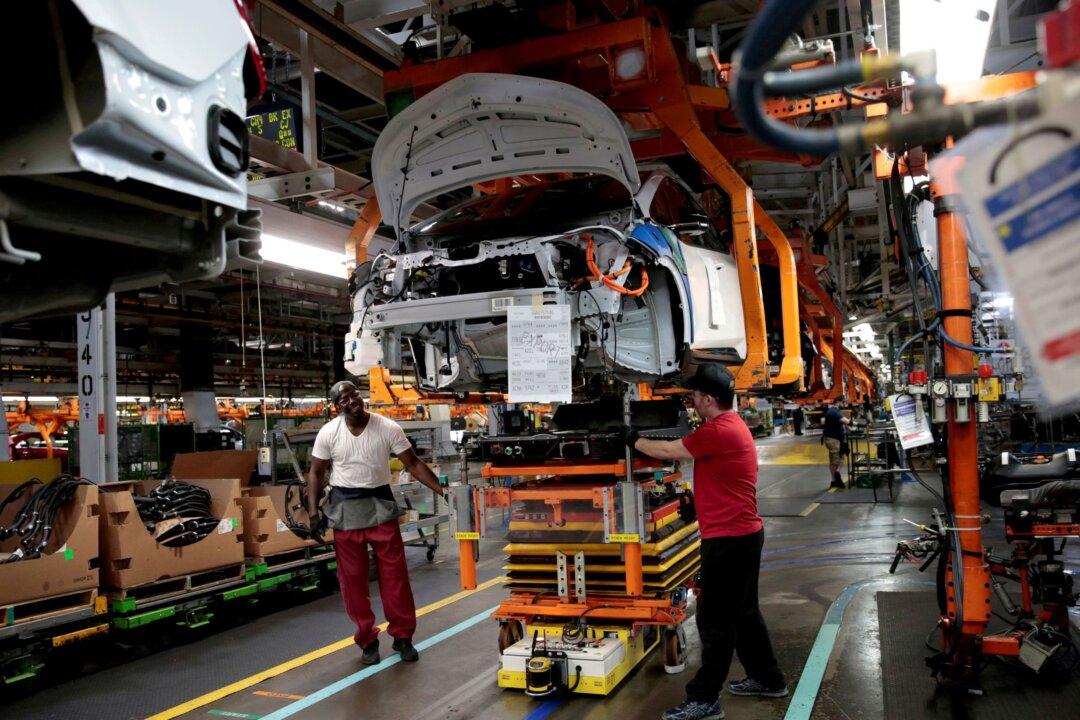The global battery economy is poised to transform into the “new oil” and will alter international supply chains, Morgan Stanley analysts say in a report.
Equity analysts at the investment bank forecast that the battery economy could climb to $500 billion within the next two decades. This, they note, would be supported by greater penetration of battery-powered electric vehicle sales, projected to account for nearly one-third of the global market by 2030.





